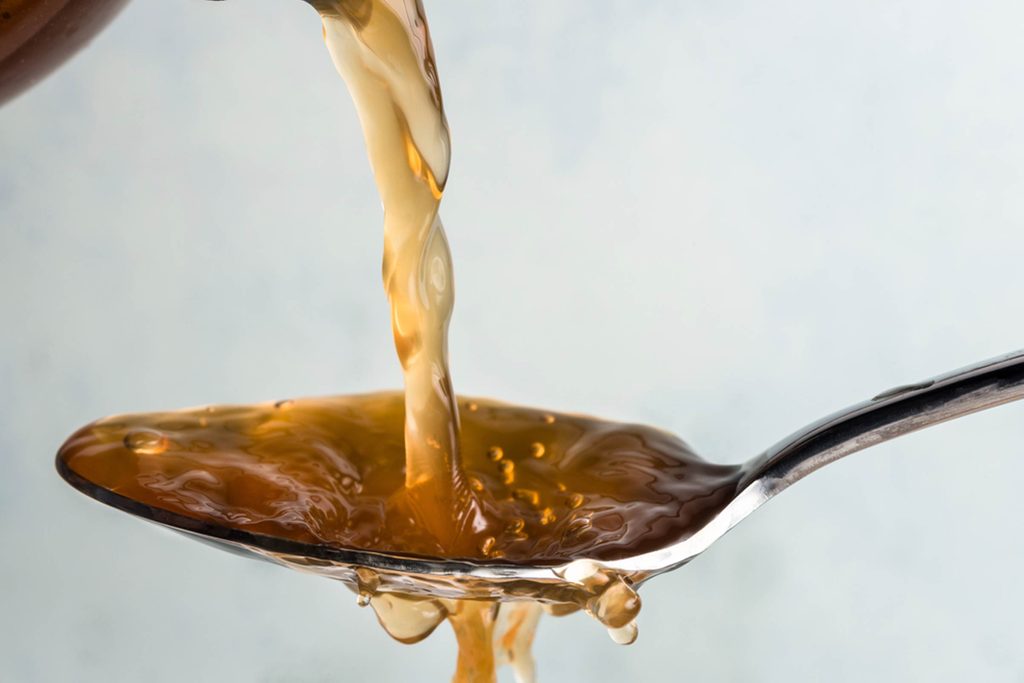The One Negative of Apple Cider Vinegar No One Talks About
Updated: Apr. 09, 2021
Think apple cider vinegar is totally good for you? Think again.

Apple cider vinegar can do everything from settle an upset stomach to cure acne and hiccups to help you lose weight. And that doesn’t even begin to cover all of the ways apple cider vinegar can benefit your health. But before you pick up a glass of this magical elixir, beware: This natural tonic could also have a negative effect on your teeth.
Apple cider vinegar can erode tooth enamel, research shows. While many studies have examined the effects of acidic foods such as soft drinks and fruit juices, there’s research showing that the acetic acid found in vinegar puts it in the same category. In one study researchers placed the enamel of wisdom teeth in different vinegar samples with pH levels ranging from 2.7 to 3.9. After four hours, the vinegars removed up to 20 percent of minerals from the teeth, the study reported. Granted, this experiment didn’t take into account the pH of the saliva of the human mouth, which neutralizes the acidity in the food we eat. But it’s clear that apple cider vinegar has its downsides. For more on the cons, find out why you should never, ever take shots of apple cider vinegar.
Still, is this reason enough to give up on apple cider vinegar forever? Don’t even think about it! Just prevent damage to your teeth by diluting the vinegar in water and drinking it through a straw. Jaimi Jansen, a personal trainer and president of Santa Cruz CORE Fitness + Rehab in California, recommends mixing 10 parts water to 1 part vinegar. And afterward, rinse your mouth with water to make sure the acid is completely cleared away.
Read on, to make sure you don’t fall for these apple cider vinegar myths, either.
[Source: Healthline, Express]